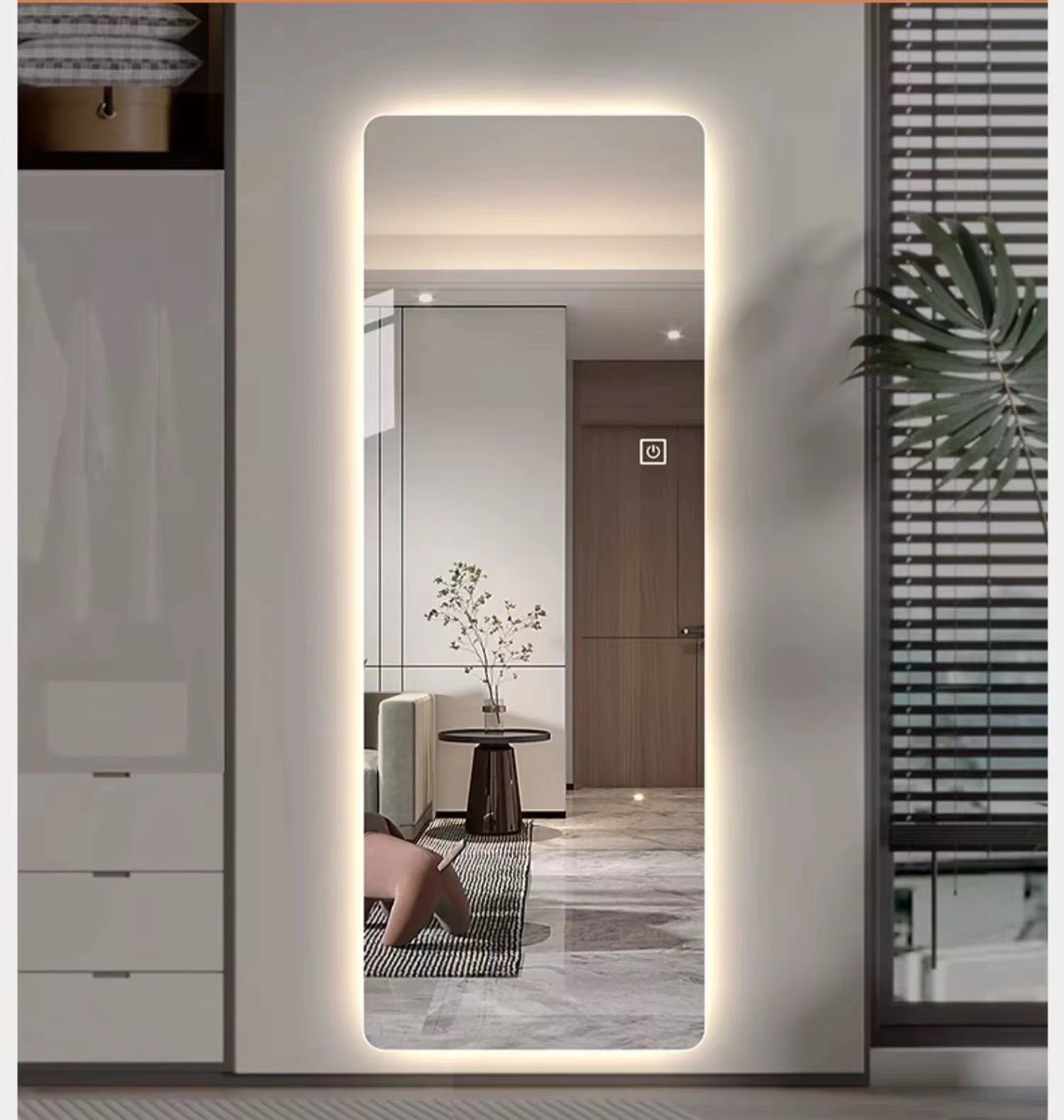

The Elegance and Benefits of Reflective Glass Panels
Reflective glass panels have emerged as a transformative element in modern architecture, serving not only aesthetic purposes but also contributing to energy efficiency and sustainability. Their unique properties allow for a harmonious blend of design and functionality, making them a preferred choice for both residential and commercial buildings.
One of the most appealing features of reflective glass is its ability to manipulate light. By reflecting sunlight, these panels reduce the amount of heat that enters a building, thereby helping to maintain a comfortable indoor climate. This quality is particularly beneficial in warmer climates, where excessive heat can lead to increased reliance on air conditioning systems. With lower energy consumption, not only do reflective glass panels help in reducing utility bills, but they also contribute to a decrease in greenhouse gas emissions, promoting environmental sustainability.
In addition to energy efficiency, reflective glass panels offer significant aesthetic advantages. They provide a sleek, contemporary look that elevates the design of any structure. The reflective surfaces create dynamic interactions with the surrounding environment, as they change appearance throughout the day with varying light conditions. This characteristic makes them an excellent choice for architects looking to create striking visual statements in their designs. Buildings clad in reflective glass can appear to float amidst their surroundings, blending seamlessly with the sky and landscape.

Moreover, the use of reflective glass panels enhances privacy without sacrificing natural light. The reflective surface prevents outsiders from seeing into buildings during the day while still allowing occupants to enjoy views of the outside world. This aspect is particularly advantageous for offices and residential spaces where privacy is a concern.
However, there are considerations to bear in mind when opting for reflective glass. Proper installation and design are essential to minimize glare, which can be an issue for both occupants and pedestrians. Additionally, reflective glass can create heat islands if not used thoughtfully, necessitating the integration of landscaping or other methods to counterbalance this effect.
In conclusion, reflective glass panels represent a perfect marriage of form and function in contemporary architecture. Their energy-saving properties, aesthetic appeal, and ability to provide privacy make them a versatile option for various applications. As the construction industry continues to prioritize sustainability alongside visual innovation, the popularity of reflective glass is expected to grow, shaping the skylines of future cities. By embracing this remarkable material, architects and designers can create buildings that are not only beautiful but also environmentally responsible and efficient.